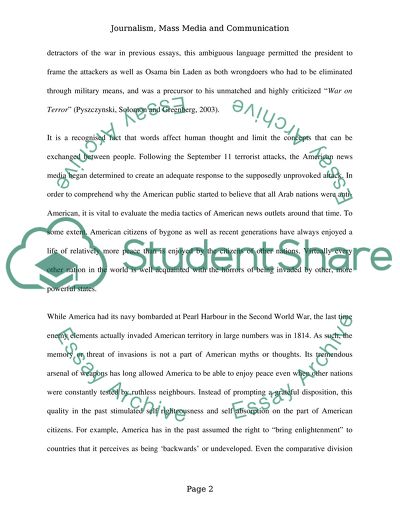Cite this document
(“Journalism, Mass Media and Communication Essay Example | Topics and Well Written Essays - 1500 words”, n.d.)
Journalism, Mass Media and Communication Essay Example | Topics and Well Written Essays - 1500 words. Retrieved from https://studentshare.org/journalism-communication/1472185-journalism-mass-media-and-communication
Journalism, Mass Media and Communication Essay Example | Topics and Well Written Essays - 1500 words. Retrieved from https://studentshare.org/journalism-communication/1472185-journalism-mass-media-and-communication
(Journalism, Mass Media and Communication Essay Example | Topics and Well Written Essays - 1500 Words)
Journalism, Mass Media and Communication Essay Example | Topics and Well Written Essays - 1500 Words. https://studentshare.org/journalism-communication/1472185-journalism-mass-media-and-communication.
Journalism, Mass Media and Communication Essay Example | Topics and Well Written Essays - 1500 Words. https://studentshare.org/journalism-communication/1472185-journalism-mass-media-and-communication.
“Journalism, Mass Media and Communication Essay Example | Topics and Well Written Essays - 1500 Words”, n.d. https://studentshare.org/journalism-communication/1472185-journalism-mass-media-and-communication.


